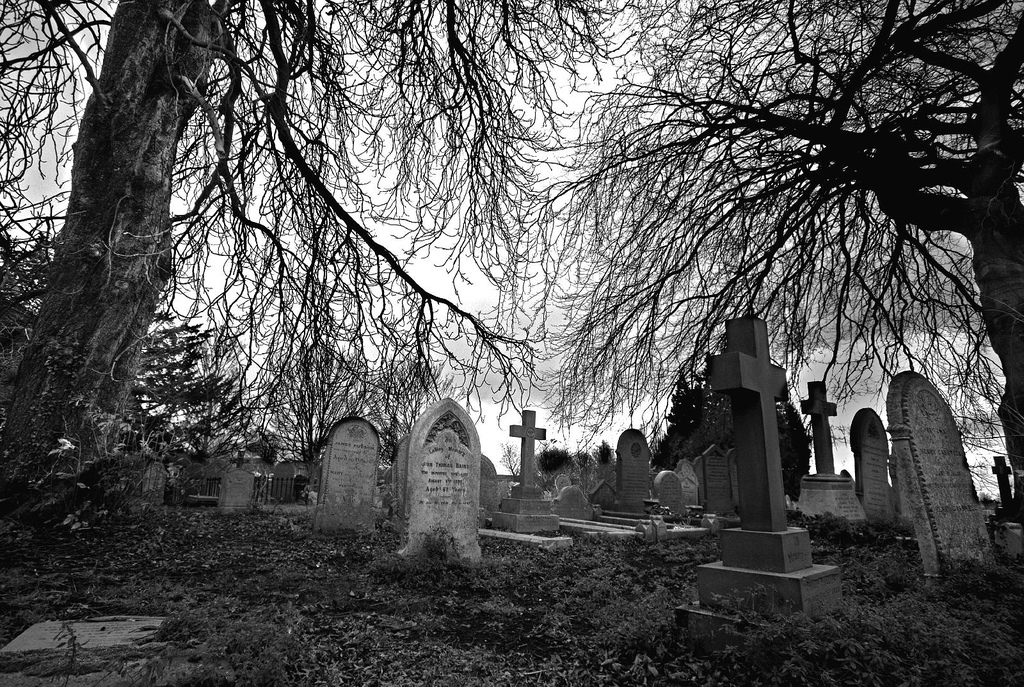“Let Pascal say that man is a thinking reed. He is wrong; man is a thinking erratum. Each period in life is a new edition that corrects the preceding one and that in turn will be corrected by the next, until publication of the definitive edition, which the publisher donates to the worms.”
― Machado de Assis, The Posthumous Memoirs of Brás Cubas
The Posthumous Memoirs of Bras Cubas, an unbearably undiscovered and under-appreciated work of literature, was written by Brazilian author Joaquim Maria Machado de Assis and published in 1881. As the title suggests, the protagonist and narrator is the deceased Bras Cubas, writing from beyond the grave. These memoirs thus relate the successes and failures of Bras Cubas in the form of his posthumous autobiography. Defeated by pneumonia, the dead Cubas chooses to find a pastime and recount the many experiences of life and thoughts. The formerly rich and indolent protagonist, writing as a “welcome distraction to eternity,” thus entertains the reader with his many failed love affairs, his attempt to become a politician, his truthfully cruel treatment of slaves and women, and his fascinating take on philosophy.
The Memoirs is an incredible account of apathy, apathy that encapsulates the pointlessness of life from the other end of the tunnel, a detachment that presents a philosophy too simple, purposeless, and demented for the living to ever adequately comprehend and present, a carelessness only possible when the judgment of the living is no longer relevant. Machado de Assis uses spectacularly lucid dark humor to highlight the subtleties of human emotion, the voluptuousness of misery and extinction. There is unadulterated truth in every ironic statement, and the reader falls inevitably in like with the perfectly human Cubas.
Heartbreaking and wonderfully original, this book breaks boldly with the tradition of romanticism, as a piece of metafiction that is anachronistically post-modern, published far before its time. It has the deceptive semblance of a normal novel, but is really broken up into quite erratic chapters, varying immensely in content, style, and tone.
The chapters sometimes focus on describing Cubas’ living misadventures, in a style reminiscent of the Quijote, besides the fact that, in place of exhilarating and fantastical adventure, Cubas searches conventionally, and without much effort, for love. They sometimes lament and simultaneously celebrate their uselessness, consisting in scrambled and incoherent notes on a chapter the protagonist does not want to write. Other times they confuse and enlighten with a series of ellipses, a train of thought and emotion understandable only by remembering that they are written by a man waiting out eternity. They sometimes are entirely blotted out, or we are told that they have been removed. They are bitterly cynical, mischievously dark, offering a wealth of incredible philosophies and endlessly entertaining engagement with the reader.
The only defect, as Cubas so unequivocally insists, is the reader. The reader, so desperate to grow old and thirsty for movement and constant narration, who is expected to grow frustrated by the drunkenly staggering nature of the writing. This is a reader impatient with the frankly described mediocrity of Cubas, who still falls under the critical and watchful eye of the living. This is a reader who, still pressured to be and live a certain way, is faced with the beautifully cynical truth behind Cubas’ philosophies and the lingering and unsavory taste of her own mediocrity.






